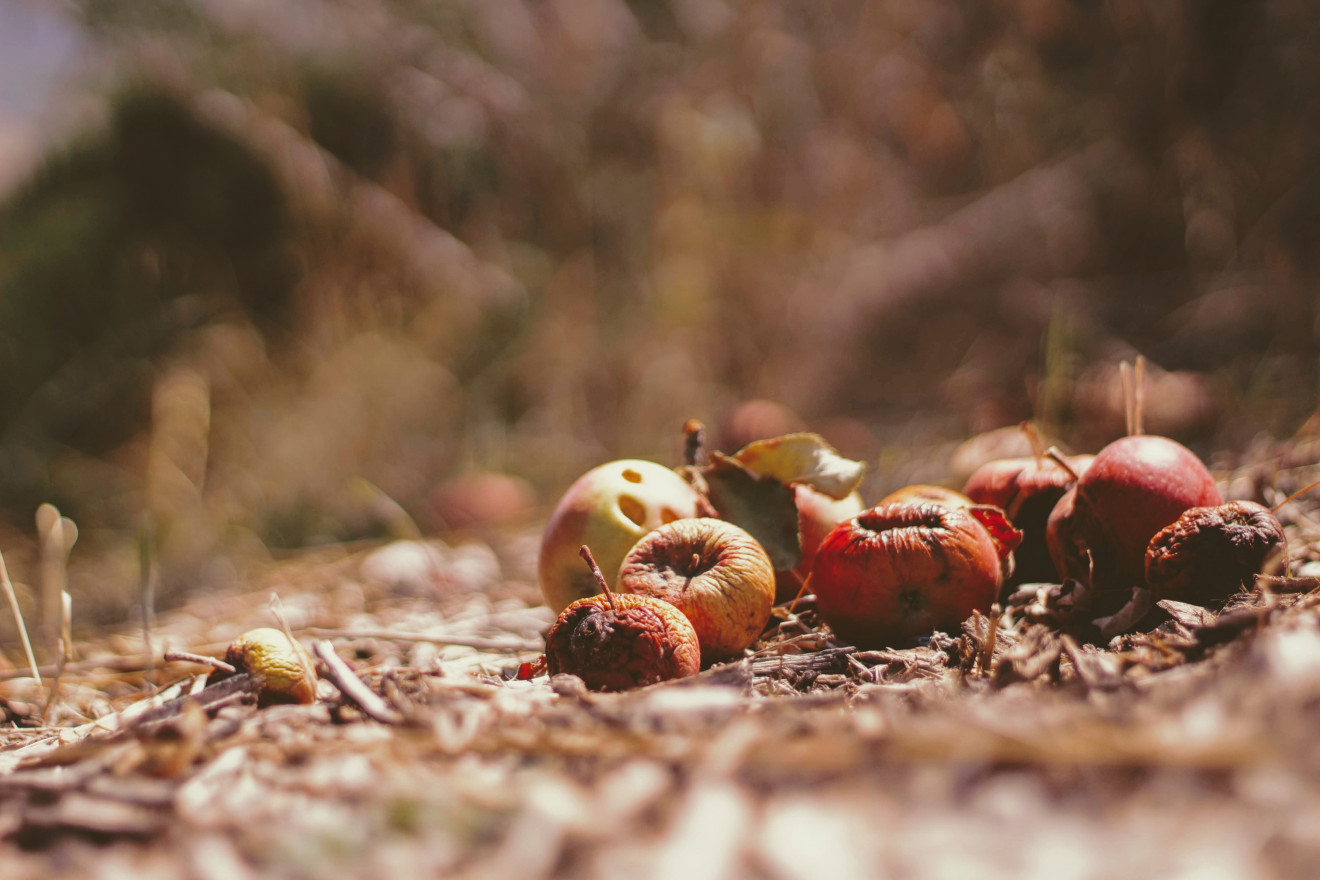
(Joshua Hoehne/Unsplash License)

(Joshua Hoehne/Unsplash License)
The Oxford English Dictionary offers the following as a definition for the word, decomposition: “The natural dissolution of compound bodies; disintegration; the process or condition of organic decay; putrescence.”
In a biological sense, this is the simplest way to answer the question, “What happens to us when we die?” However in a more poetic sense, it offers a strange new method of contemplating one’s own mortality. A derivative of this word is “decompositionist,” which means “an advocate or supporter of decomposition, e.g., that of an empire, confederation, etc.”
I am a decompositionist, however not in the political sense. I do not spend my time planning coups or meditating on the economic factors that lead to the falling of the Iron Curtain (although I have yet to fully form an opinion on the global anti-imperial movements which I see discussed often in my Twitter thread).
Rather, I spend more than the average portion of my week thinking about physical decomposition. That is the process by which flesh disintegrates into its most elemental components. Cycling the energy and nutrients which once sustained it back into the soil from whence they originated. It seems odd for a 21-year-old to spend considerable hours a day pondering the biological processes involved with decay, yet I cannot help myself.
It seems contradictory to write an essay about decomposition as it is quite literally the opposite of what I am doing as I write this piece. Composition. Decomposition. To create. To decay. To give life, to lose life.
I stare at the apple core sitting on my desk, sticky remnants of my harried breakfast, and think about how in two months, hopefully, it will be gone. In two months, hopefully this version of myself will be too. I probably won’t be though. However, that doesn’t stop me from trying to evolve. I think about it when I volunteer at weekly compost collections on Friday mornings, and I ponder it when I toss the single use plastic lined cup from my morning coffee.
Despite my mother’s misgivings, I know I am not the only one on Earth who shares these sentiments. Indeed it would be self-centered to think so, but such is the nature of humans. In her critically acclaimed essay, “The Cutting Edge of Time: Erosion of Home,” Terry Tempest Williams explains, “My delight in being forgotten is rooted in the belief that I don’t matter in the larger scheme of things, only that I tried my best to be a good human, failing repeatedly, but trying again with the soul-settling knowledge that my body will return to the desert.” I relate intensely to Williams’ sentiments, I do not fear the violent majesty of the environments around me, instead I marvel at them, allowing their sheer danger to humble me again and again and again.
I eagerly anticipate my return to the soil. It takes every bit of willpower I have not to turn my self-proclaimed quotable saying into my Twitter bio, however that would probably worry my friends a little too much. In fact most of my friends and family are uncomfortable with my fascination with decomposition. It is apparently not socially acceptable to romanticize one’s own decay, although the popularity of Hozier’s music would indicate otherwise. It is not necessarily that I am eager to die, in fact it is not that at all. It is simply that I find a deep and almost indescribable comfort in knowing that one day my pains and worries will have dissolved into micronutrients in soil, feeding that which is so old my lifetime was a mere blink of an eye in its longevity.
In a way this is my own deeply personal form of existentialism. In a similar vein, Mary Shelley expressed her own sorrows and beliefs about the position of her own life through her most famous work, “Frankenstein.” With a gruesome tale about the violence of childhood neglect and the dangers of necromancy, Shelley birthed science fiction, an entirely new genre of literature at the time. Shelley was a woman far more educated in the intricacies of both decomposition and composition than I am, yet I cannot help but compare my convictions to hers.
Shelley was 18 years old when she crafted what would become her most famous novel, and I was the same age when I first discovered my fascination. In a way, we are two sides of the same coin. While we both are eager to create new life from death, hers is decidedly unnatural, whereas mine is as natural as it can possibly get.
In response to the trauma of losing of her child, she sought to defy nature, bring back the dead, and fight against the very laws of the Earth itself. Victor Frankenstein, and in a manner of speaking, Shelley herself, sought to steal that last lingering light of life from the dead, if only to savor its warmth for a moment more. I, on the other hand, seek the exact opposite. I desire to open my hand, releasing those tiny sparkles back into the wild.
Although I will not be able to see it, I have a strangely strong conviction that it will happen as I hope. Disagreements notwithstanding, Shelley and I share a common fear of, enamoration with, and disillusionment with death.
I wonder, if I had the chance to offer, would she like to decompose with me?